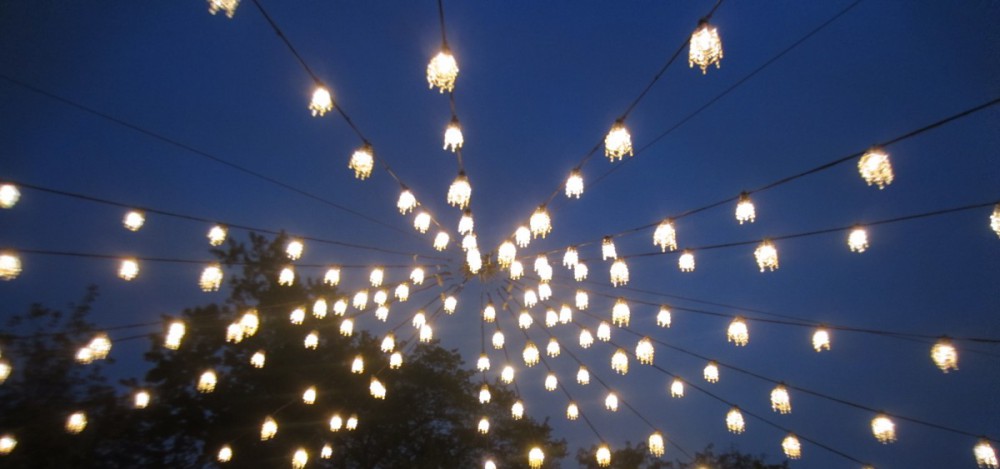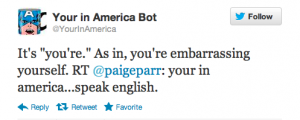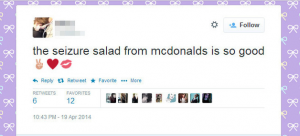Unlike the days of the past, what it means to be a fan has taken on a whole new meaning. Social media has made it possible for groups of dedicated fans to collectively create an environment to openly and enthusiastically share their fascinations. The “fandom” phenomenon not only provides a place for fans to express themselves, but fosters creativity, engages a multitude of cultural diversities, challenges traditional behavior, and changes how ideas and passions are expressed. In Producing New and Digital Media, Cohen and Kenny explain that multimedia platforms has afforded the convergence of media content (13). Cohen and Kenny also explain that the fandom group are fantic to the point of creating a community that acts as small kingdoms of shared common interest (33).
So when the video entitled “Can Fandom Change Society?” published by Off Book, PBS Digital Studios, on September 6, 2012, posed the question; the answer seems all too obvious; fandom can change society. As highlighted in the video, fandom has brought people from all walks of life together and provides a niche where people feel they are not alone. Even if they never meet in the real world, they share a communal identity and though their online connection, the interest of a few can now easily become the interest of millions in a mere matter of seconds. Fandom has in fact, changed how we interact with the media such as tv shows, movies, and music. No longer does a show end when it is finished but it can have a infinite life span kept alive by comments and blogs. Our views and beliefs have a place to be heard and challenged and we are able to move beyond the socially acceptable behavior or what is considered the norm.
As an example, the fans of Star Trek, commonly known as Trekkies, enjoy the series like many other but unlike many, they exessively discuss continuity errors within the show, they argue passionately about the show and they are often extremely knowledgeable. Often, members of a fandom connect with each other through things like conventions and zines and fanfiction, an art form when someone takes either the story or characters (or both) of a certain piece of work, whether it be a novel, tv show, movie, etc, and create their own story based on it. Sometimes people will take characters from one movie and put them in another, which is called a crossover.







